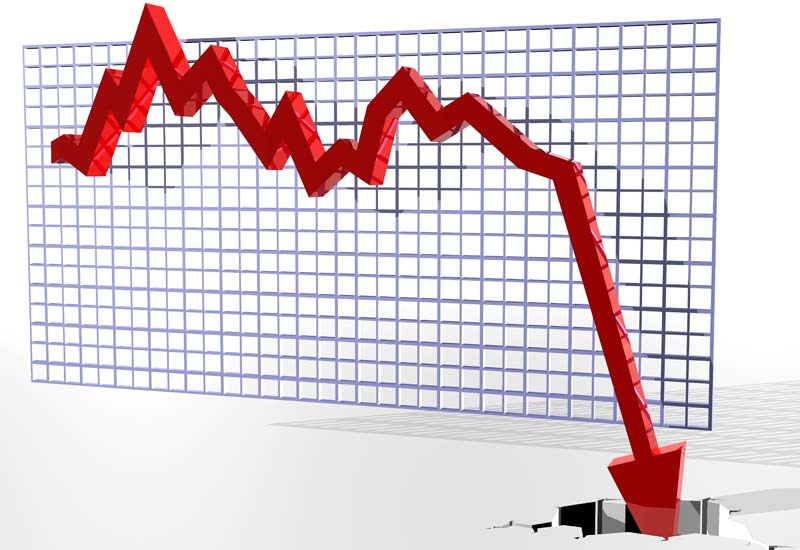FIJI closed its 2024-2025 fiscal year on a stronger-than-expected note with the fiscal deficit narrowing to 2.4 per cent of GDP, well below the original budget estimate of 4.5 per cent and the previous year’s 3.4 per cent.
While this outcome reflects commendable fiscal discipline, Westpac Fiji senior economist Shamal Chand warns the outlook for the 2025–2026 financial year warrants caution.
He said the projected increase in the deficit and debt levels could strain the fiscal situation, especially if revenue growth faltered or expenditure pressures mounted.
“Continued focus on realistic budgeting, efficient capital execution, and revenue diversification will be critical to maintaining fiscal stability and supporting long-term economic resilience,” Mr Chand said in Westpac Fiji’s Westpac Wave publication released last month.
He said the 2024-25 fiscal deficit marked the lowest deficit since the 2016-2017 financial year, and reflected prudent fiscal management and improved revenue performance.
The bank’s economic update and outlook noted total government revenue reached a record $4.05billion, exceeding both original and revised forecasts – and driven by robust tax collections that rose 12.2 per cent year-on-year to $3.48b; and non-tax revenue, which increased 2.8 per cent to $565million.
Mr Chand said corporate tax, VAT and personal income tax notably outperformed expectations, with VAT collections alone increasing by $173.4m compared to the 2023-2024 fiscal year.
Total spending was also contained at $4.39b – 1.2 per cent below the revised estimate.
Operating expenditure came in at $3.25b, while capital expenditure was $1.06b, which he said both fell short of forecasts.
“This underspending, particularly in capital projects, reflects the Government’s tendency to overestimate expenditure, a trend that has historically led to lower realised deficits.”
He said the fiscal prudence translated into a lower debt-to-GDP ratio of 77.1 per cent, down from 79.0 per cent the previous year.
“Domestic debt accounted for 64.8 per cent of total debt, while external debt made up 35.2 per cent. However, risks remain on the upside, with the FY2025–2026 budget projecting a significantly higher nominal deficit of $886m or 6.0 per cent of GDP, the third largest in Fiji’s fiscal history in nominal terms.”
Mr Chand said the Government’s cash position remained strong, with close to $900m in bank deposits as of August this year.
He said that liquidity buffer provided flexibility in managing debt issuance, particularly as long-term 20-year bonds remained undersubscribed because of investor demand for higher yields.
“The Government, backed by its cash reserves, has opted to maintain lower weighted yields, a strategy that supports debt sustainability in the short term.”



